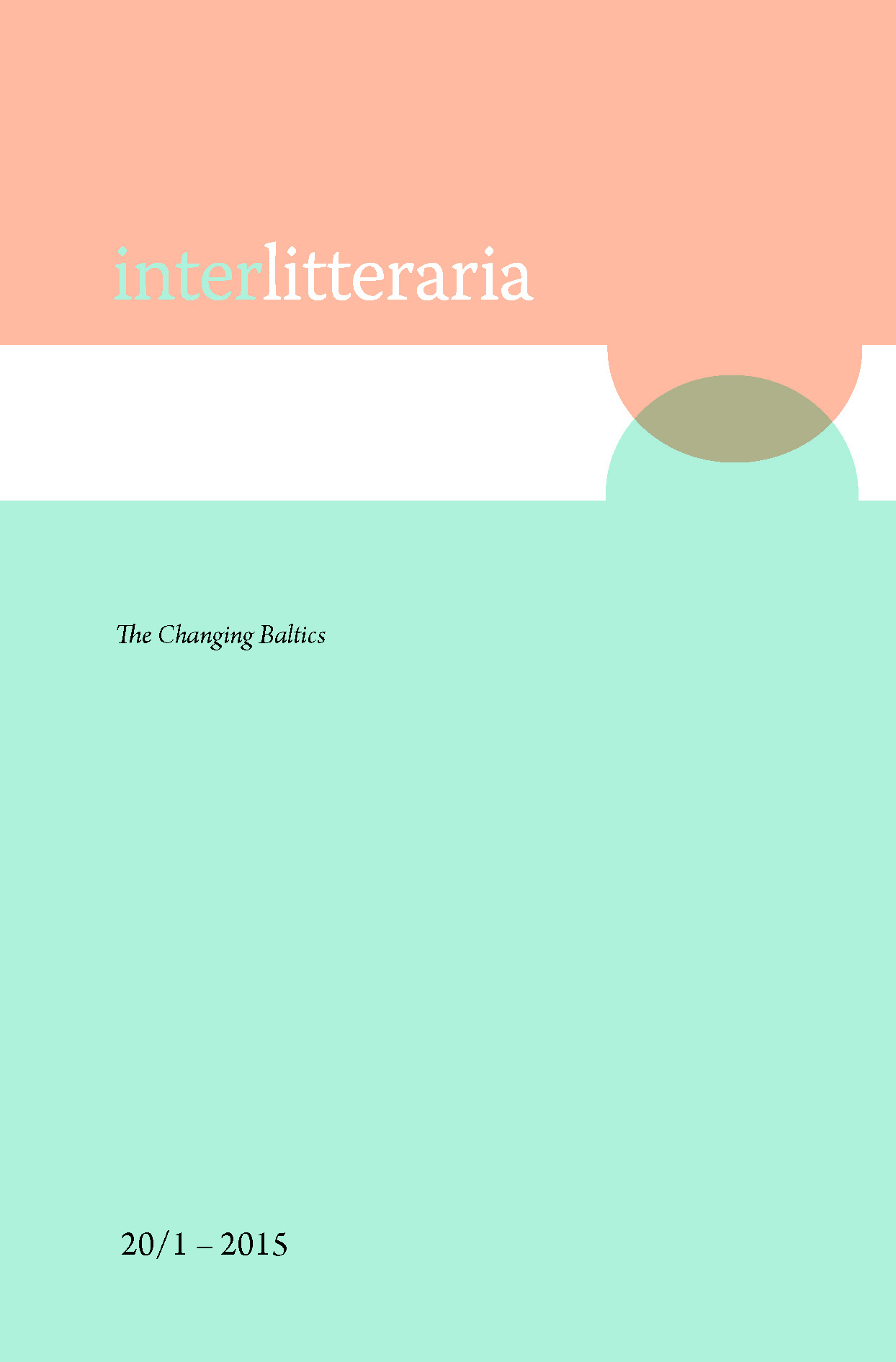Language on the Stage – Questions of Identity and Ideology
DOI:
https://doi.org/10.12697/IL.2015.20.1.6Keywords:
stage language, Finnish theatre, Estonian theatre, Latvian theatre, Lithuanian theatre, theatre history, representation of minoritiesAbstract
Language used on the stage always bears certain connotations to the identity, ideology and morality of characters, theatre makers and audiences. In my article, I am going to analyse how minority languages have been used or represented in Finnish, Estonian, Latvian and Lithuanian theatre though the lens of theatre history. Following books are investigated using content analysis method: The Dynamic World of Finnish Theatre (2006) by S. E. Wilmer and Pirkko Koski, Estonian Theatre (2003) by Jaak Rähesoo, Theatre in Latvia (2012, ed. by Guna Zeltiņa) and Lithuanian Theatre (2009, ed. by Gintaras Aleknonis and Helmutas Šabasevičius).
Finland, Estonia, Latvia and Lithuania are neighbouring countries that have faced diff erent political history: from rather independent Finland to the post- Soviet Baltic countries. Taking this into the consideration, one can detect the disquisition between bi-lingual (Finland, Latvia) and monolingual approaches (Estonia, Lithuania) to theatre history.
Downloads
Downloads
Published
Issue
Section
License
The contents of Interlitteraria are published under CC BY-NC-ND licence.


